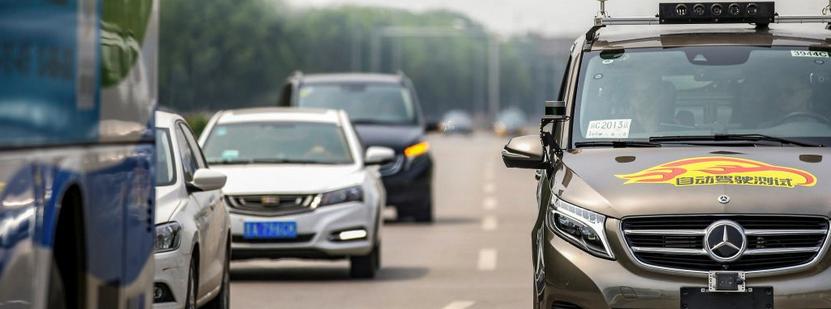Bosch and Daimler have chosen in a city located in the San Francisco Bay in Silicon Valley, California, as the pilot location for a first test fleet developing fully-automated and driverless driving.
Bosch and Daimler will offer customers a shuttle service with automated vehicles on selected routes. Daimler Mobility Services is envisaged as the operator of this test fleet and the app-based mobility service.
The pilot project will demonstrate how mobility services such as car sharing (car2go), ride-hailing (mytaxi) and multi-modal platforms (moovel) can be intelligently connected to shape the future of mobility.
In addition, the partners have decided on the US technology company Nvidia as the supplier of the artificial intelligence platform as part of their control unit network.
A decisive factor for fully-automated and driverless driving in an urban environment is the reliable recognition of the vehicle’s surroundings with the aid of various sensors.
Analysing and interpreting the variety of incoming data and translating them into driving commands within a very short time requires enormous computing power – the fully-automated, driverless vehicle will be a mobile super-computer.
At the same time, fully-automated, driverless driving in the city requires a versatile, redundant systems architecture and the highest level of functional safety.
To achieve this level of safety, the necessary computing operations are performed in parallel in different circuits. This means that the system has instant recourse to these parallel computing results when necessary.
For their driving system, Bosch and Daimler thus rely on a control unit network made up of several individual control units. The US technology company Nvidia supplies the platform required for this, which can run the Artificial Intelligence (AI) algorithms generated by Bosch and Daimler for the vehicle’s movement.
The network of control units collates the data from all sensors with radar, video, lidar and ultrasound technology (sensor data fusion), evaluates them within milliseconds and plans the movements of the vehicle.
All in all, the control unit network has a computing capacity of hundreds of trillion operations per second. That’s as much as several S‑Class vehicles together could reach just a few years ago.
The test operation will provide information about how fully-automated and driverless vehicles can be integrated into a multi-modal transport network.
Many cities face numerous challenges that are increasingly burdening the existing transport system. The test is to show how this new technology might be a solution to these challenges.
Bosch and Daimler employees work together in teams in two regions: In the greater Stuttgart area in Germany and around Sunnyvale in Silicon Valley to the south of San Francisco in the USA.
Employees from both companies share the same office space. This ensures rapid communication across working disciplines and short decision-making paths. At the same time they have access to the entire know-how of the colleagues in the mother companies. The partners are equally financing the development work.
Daimler’s task is to bring the drive system into the car. To this end, the company is providing the necessary development vehicles, test facilities and later the vehicles for the test fleet.
Bosch is responsible for the components (sensors, actuators and control units) specified during the development work. For test purposes the partners use their laboratories and test rigs, plus their respective test sites in Immendingen and Boxberg.

